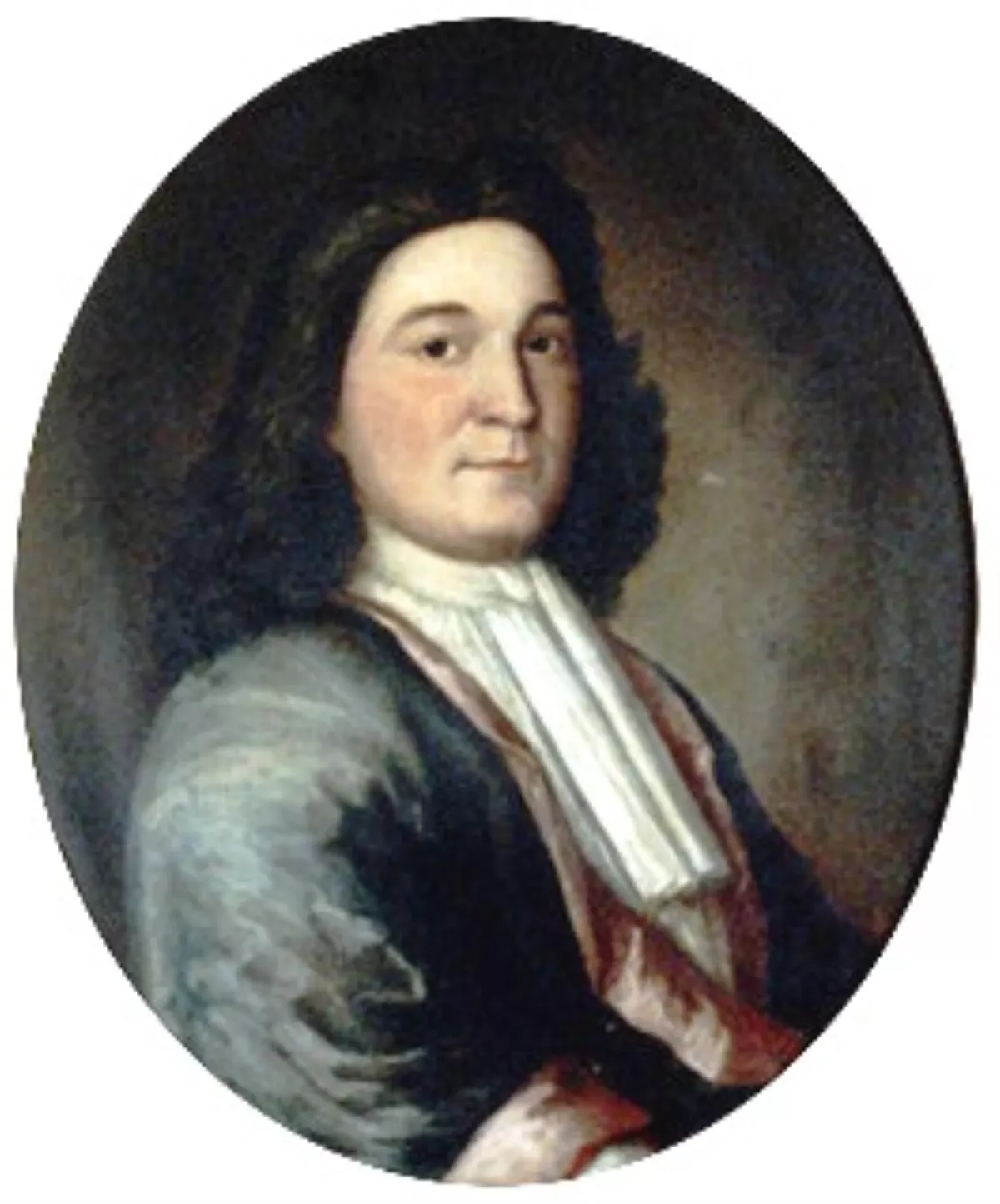 1.
1. Sir William Phips was born in Maine in the Massachusetts Bay Colony and was of humble origin, uneducated, and fatherless from a young age but rapidly advanced from shepherd boy to shipwright, ship's captain, and treasure hunter, the first New England native to be knighted, and the first royally appointed governor of the Province of Massachusetts Bay.